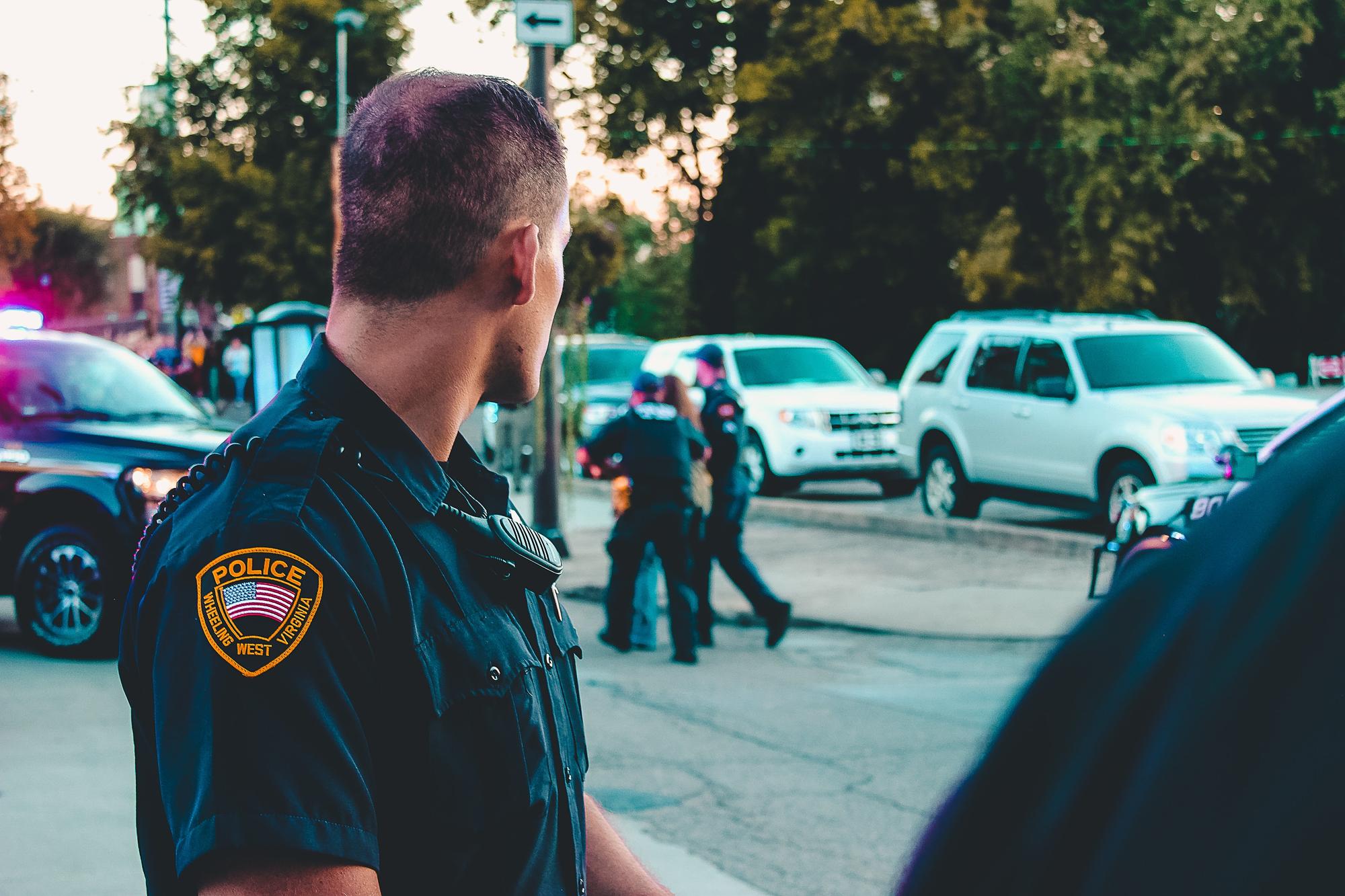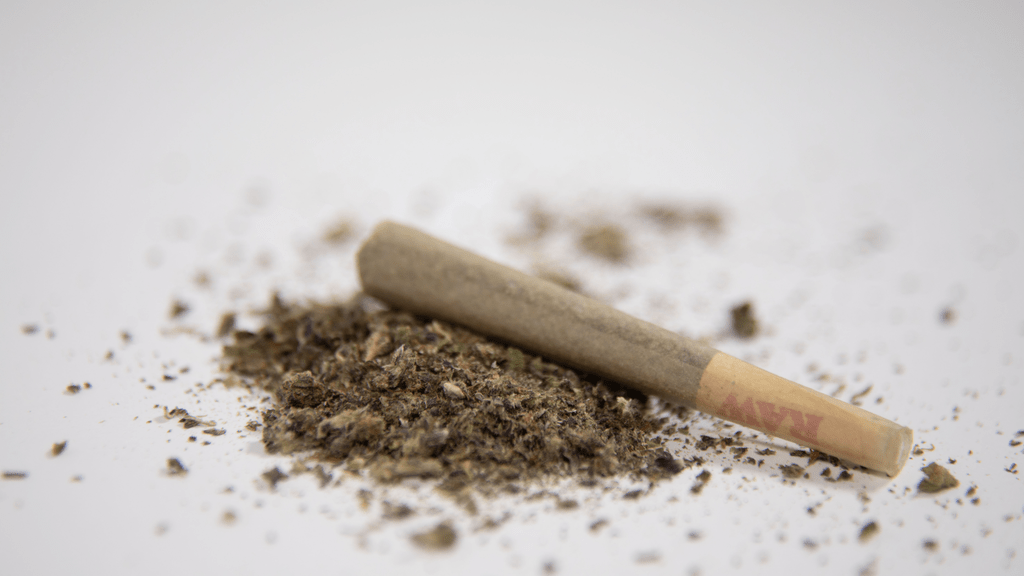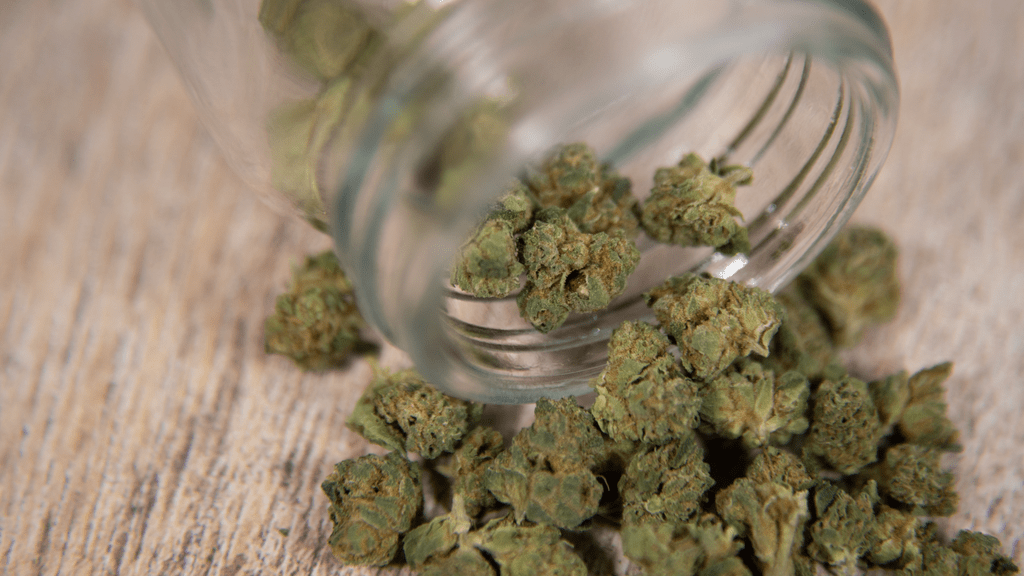
Articles

Laws
The Battle for Gun Ownership Rights Among Cannabis Users
Cannabis users, whether for medical or recreational purposes, face significant legal hurdles when it comes to firearm ownership. Federal law categorically prohibits marijuana users from owning or purchasing firearms, regardless of state laws.
Recent Blogs
-

How Public Health Agencies Keep Cannabis Consumers Safe
Cannabis is no longer confined to the shadows. With legalization spreading across U.S. states and…
-

Youth and Cannabis Use: What Public Health Agencies Want You to Know
The conversation around cannabis has shifted dramatically in the last decade. What was once an…
-

Why Federal Cannabis Research Funding Matters More Than Ever
Cannabis has become one of the fastest-growing industries in the U.S., yet when it comes…
